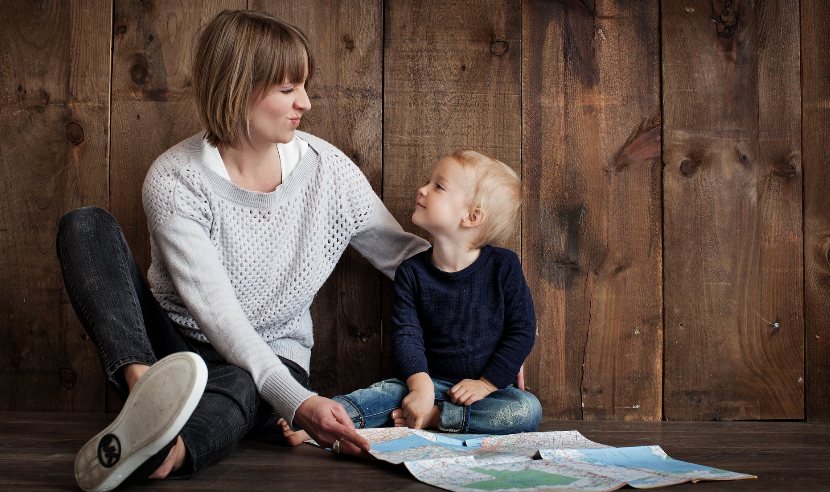What do you think of when you hear the word presence? It’s a word that I often hear being used to describe public speakers. “They held a strong presence on the stage.” Why do we say this? What are we actually talking about? For myself, when I think of someone who holds presence, I am referring to the space they are willing to take up. I notice this through body language, eye contact, willingness to share ideas, and ability to actively listen. To have presence is to have comfort within yourself enough to express it to the world.
Is this what comes to mind when you think of parenting?
Do you reflect on the posture that you take with your children or do you focus more on their behaviors?
Often what can happen is that parents become focused on what they would like to see from their children. While this is understandable, we can lean on neuroscience to teach us that what children and teens need most is a model for regulation and self-growth. They are always watching us and absorbing the way that we move in the world. They also become what we believe they are. So, if you would like a child who is able to effectively communicate and stand up for themselves, it may be beneficial to ask yourself “am I able to effectively communicate and stand up for myself?”
Now, if this feels against the grain and challenging for you, you aren’t alone. With all of the parenting advice and shaming that exists in social media, it’s easy to see why parenting guilt runs rampant. However, what if I told you that raising a child who can hold presence, who is truly themselves, begins with you reflecting on this integrity within yourself? To ask yourself, am I communicating how I genuinely feel or are there things that I put on a mask to hide instead? Am I struggling with my own self-esteem and why? What is keeping me from exploring these issues?
In order for us to hold space for a child to become who they truly are, rather than what we want them to be, we must have a deeply intimate relationship with ourselves. We must be willing to admit when we are wrong and listen to understand their world. This is how we model and hold presence with our children. By looking in the mirror and not being afraid to talk with someone if we need help.
Wishing you sunshine on your journey,
Dr. B

View comments
+ Leave a comment